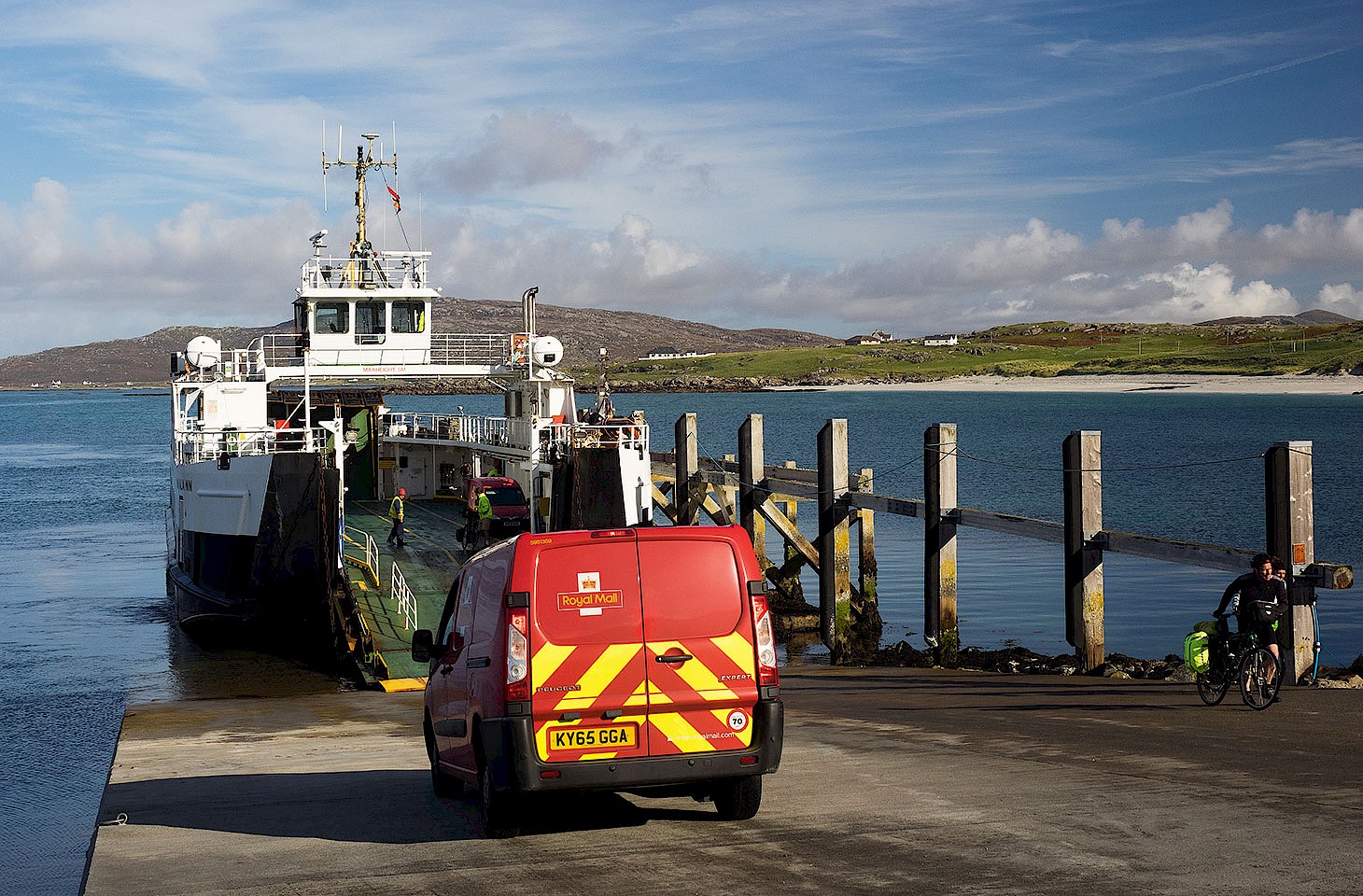Dear fellow travellers
hidden europe 36 was published yesterday. You can see the full table of contents, plus a short extract from each article, on our website. As with every issue of hidden europe, this latest offering takes in a magnificent range of cultures and communities from across Europe, this time including reports from the Jutland coast, Latvia, Spain, the Outer Hebrides and Boulogne. Yes, Boulogne.
Charles Dickens once remarked that Boulogne was far too close to England really to be appreciated by the English. Distance does indeed breed affection. "If this were but 300 miles further off, how the English would rave about it," wrote Dickens of Boulogne, the port that he described as his "favourite French watering hole."
Boulogne is one of those spots that you might think travellers pass through, rather than stopping off for a while. Except they hardly even pass through nowadays, for it is 18 months since any cross-Channel ferry berthed at Boulogne. Calais has the upper hand nowadays in the fierce competition to ferry motorists and their cars over (or under) the English Channel.
The stretch of coast north from Boulogne (in the direction of Calais) is a good place to reflect on England. We took a local bus along the coastal road last month, and it made for a fine ride on a perfectly clear, crisp winter day. Beach communities like Wimereux and Wissant were once popular holiday spots, much favoured by English visitors. Last month they were deserted. But the distinctive white cliffs of Dover, visible so very clearly across the Channel, were a powerful reminder that this is a part of France whose fate has long been intertwined with that of England.
England's relationship with its continental neighbours is a theme that pops up several times in hidden europe 36. Think of St Pancras in London, and Eurostar surely springs to mind. But in the late eighteenth century the area immediately north-west of St Pancras had an earlier link with Paris. The district of Somers Town was the preferred London refuge for French Catholics fleeing the revolution.
Faith and travel make natural partners, be it the devout escaping persecution or merely leisure travellers wanting to offer their Sunday devotions. And in the latest issue of hidden europe, we look at how English Anglicans took their sabbatical habits with them when they set off to explore the continent. Many fine Anglican churches are now deployed to more secular ends. On our travels we have stumbled on former Anglican churches now finding new life as a nightclub in Brussels, a local history museum in Biarritz and a museum on Sherlock Holmes at Meiringen in the Swiss Alps.
Elsewhere in hidden europe 36, we escort you from Mingulay to Mazirbe, unravel the forgotten art of moulage, and find out why the last remnants of the Roman Empire are slowly being reclaimed by the sands of Jutland. Intrigued? If you are not already a subscriber, why not take out a sub today? Or even just buy a single copy of our latest issue. We think you'll like it.
Nicky Gardner and Susanne Kries
(editors, hidden europe magazine)


